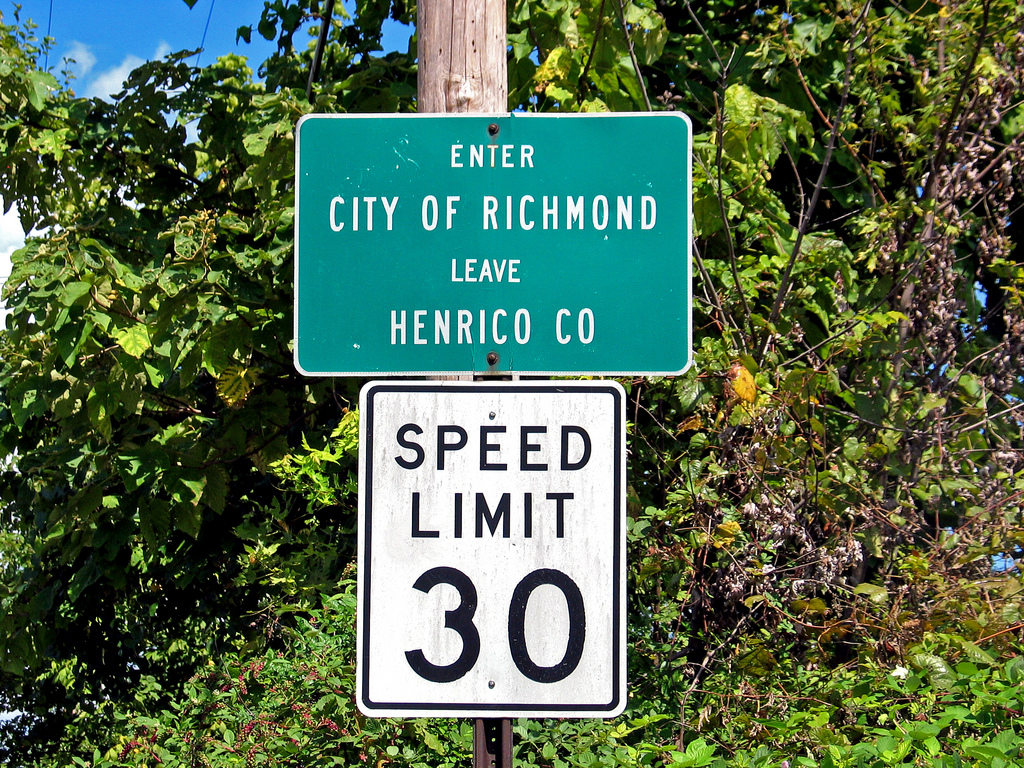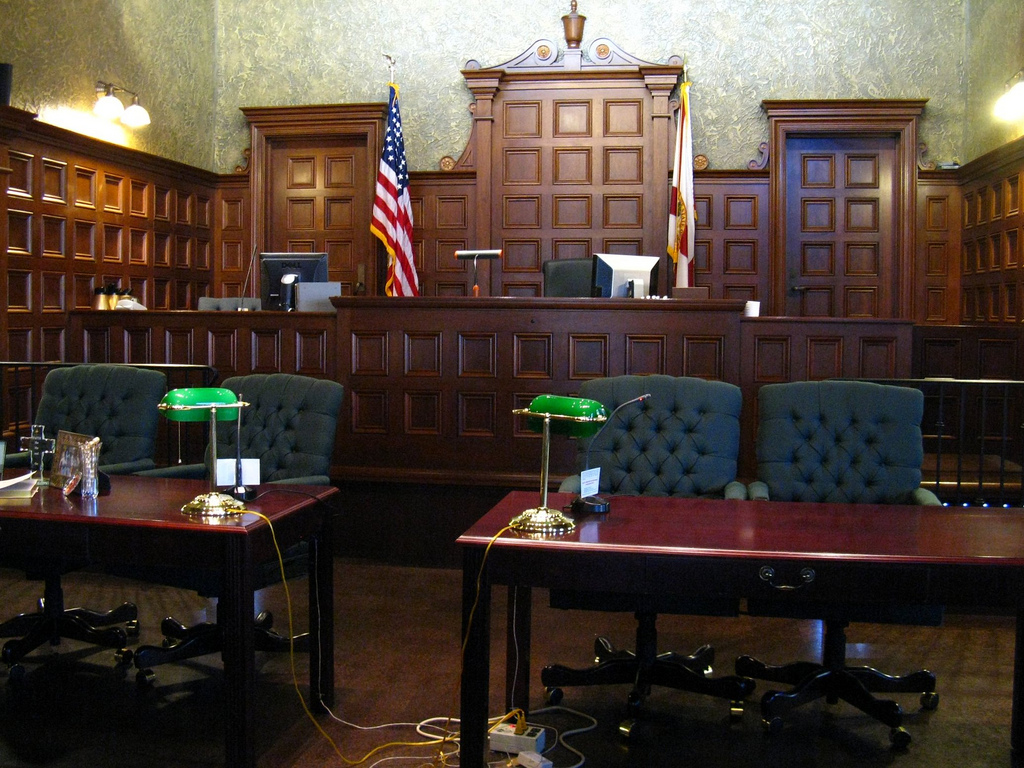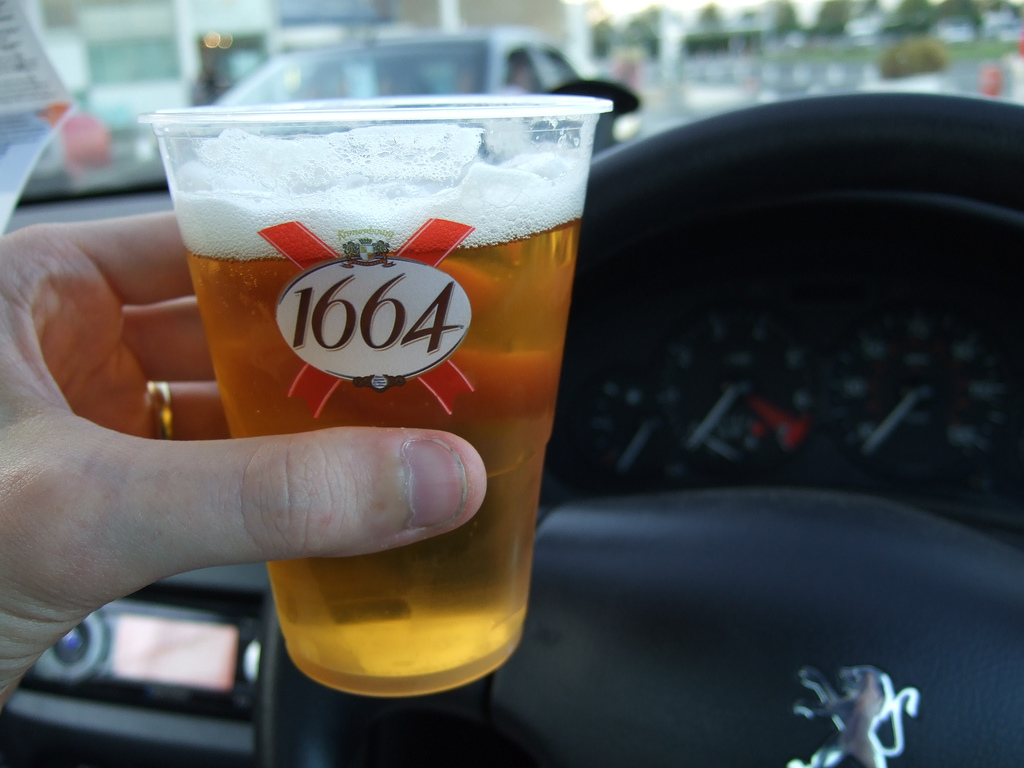Blog
Virginia DUI: Refusal and the Birchfield Opinion

In Virginia, when a person is lawfully arrested on suspicion of driving under the influence (DUI/DWI), statutory language says the person has consented to submit to a breath or blood test to determine the alcohol and/or drug content of their blood. See Implied Consent - Va. Code 18.2-268.2. Both tests are somewhat self-explanatory: a breath test involves the suspect blowing into a "breathalyzer" machine which calculates the blood alcohol content (BAC); a blood test involves an authorized medical professional drawing blood from the suspect and submitting it to the Virginia Department of Forensics, where it is analyzed for BAC or drug content. If a person unreasonably refuses to submit to the test, they can be charged with a separate offense commonly called a "Refusal".
Read moreDriving on a Suspended License - Virginia's Vicious Cycle

In Virginia, your driver's license can be suspended or revoked for a number of reasons, the most common among them: failing to pay court fines and court costs, failing to pay child support, a conviction for a drug offense (i.e. possession of marijuana) and a conviction for reckless driving or driving under the influence ("DUI"). The problem with suspending or revoking a person's driver's license is most people need to drive to get to work; if they can't get to work, they can't pay their court fines or court costs (or their other monthly bills for that matter). So what happens? People decide to risk it and drive. If they get pulled over before they get their license reinstated, they will likely get charged with driving on a suspended license. The punishment for driving on a suspended license is the root of the vicious cycle.
Read moreReckless Driving in Virginia: A Few Things To Know

In Virginia, Reckless driving is a very common charge that often comes as a surprise to most of our clients. In light of the frequency of these charges, as well as the seriousness of the offense, take a minute to review some important information about Reckless Driving.
Reckless Driving is broadly defined by the Virginia Code
The Virginia Code defines reckless driving as “any person who drives a vehicle on any highway recklessly or at a speed or in a manner so as to endanger the life, limb, or property of any person”. Va. Code 46.2-852. As you can see, the language is broad enough to capture a wide variety of driving behaviors.
Read moreHenrico County General District Court - 5 Tips for Your Case:

If you are an adult and have been charged with a criminal or traffic offense in Henrico, Virginia, chances are your first (and hopefully only) stop will be in the Henrico General District Court. We thought it might be helpful to post a few suggestions about how to handle yourself, and about what to expect.h4
1. Dress for Court!
- Do not dress for a lazy day at home. Dress nice. If you are not going to wear business casual attire (which is recommended), at least make sure that you wear pants as opposed to shorts. As you might imagine, many Judges appreciate individuals who show respect for the Court. Your apparel decisions can suggest to a Judge what level of respect (or disrespect) you have for the Court system.
Sentencing Hearings in Virginia Criminal Cases

In Virginia, once a Defendant has been found guilty of a criminal charge, whether by a Judge or Jury, the trial will proceed with a sentencing hearing (i.e. the punishment phase). During this hearing, both sides--the Commonwealth and the Defense--are permitted to present evidence and argument before the Court makes a final ruling.
Evidentiary Phase:
Witnesses for the Commonwealth:
- Quite frequently, particularly in situations of violence, the Commonwealth’s Attorney will call the victim and/or the victim’s family to the stand to testify about the impact of Defendant’s actions—a.k.a. “Victim Impact Statements”.
- The Commonwealth may also call other witnesses—these could include other individuals who may have been impacted by the crime involved, or perhaps individuals who can lay foundation for a restitution award.
DUI Investigations – A Brief Overview

In Virginia, if a police officer suspects you of driving under the influence (a.k.a. DUI or DWI), there are a few investigative techniques that will likely be used. This article will briefly explain these techniques, as well as a couple of issues that may arise if you are in fact arrested for DUI.
PRE-ARREST
Why Might an Officer Suspect you of DUI?
- Erratic Driving – swerving, driving too slow or too fast, disregarding traffic signs
- Odor of Alcohol – the officer smells alcohol when he approaches your window to talk with you
- Slurred Speech – the officer concludes that you are slurring your speech when you talk to him
- Admission of Drinking or Drug Use – if you admit to alcohol or drug use, the officer’s suspicion of intoxication will naturally increase
- Other Reasons – bloodshot eyes, anonymous tips, officer's personal observations, intoxication of your passengers, etc.
Charged with Domestic Assault and Battery? What You Should Know about the First Offender Program

In Virginia, if you are charged with Domestic Assault and Battery (Virginia Code Section 18.2-57.2) and have no previous convictions for this offense you may be entitled to relief from conviction under Virginia Code Section 18.2-57.3, commonly referred to as the “First Offender Program”. We would recommend that you speak with an experienced criminal defense attorney in order to discuss the details of the program, as well as your eligibility. Here are a few quick points:
How do I get into the First Offender Program?
- If you are eligible for the first offender and have been found guilty of domestic assault and battery (whether through pleading guilty, or following a trial), you can ask the Court to allow you to enter into the first offender program.
- If the Court grants your request, your case will be continued for at least 2 years. You will be placed on "probation" and will be obligated to perform various tasks.
Drug Possession Charges and the First Offender Program

In Virginia Courts, if you are charged with possession of narcotics and have no previous drug-related convictions you may be entitled to relief from conviction under Va. Code Section 18.2-251, commonly referred to as the “First Offender Program”. Be sure to ask your attorney about your eligibility.
How, you might ask?
Convince the Court to allow you to participate (a Judge is not required to allow you to enter into the program)—this can be done in a variety of ways, most commonly by an agreement with the Commonwealth’s Attorney, explanation of mitigating factors, or simply by entering a plea and advising the judge of your request to be placed into the First Offender Program.
Read more